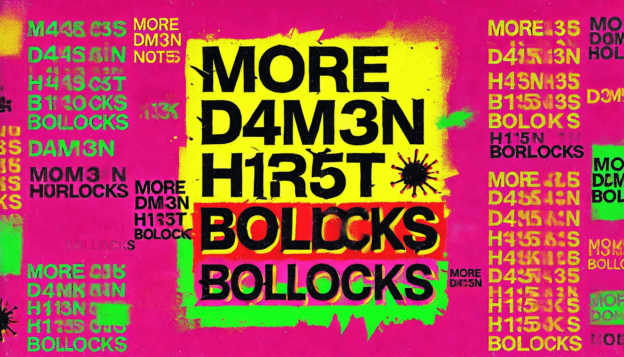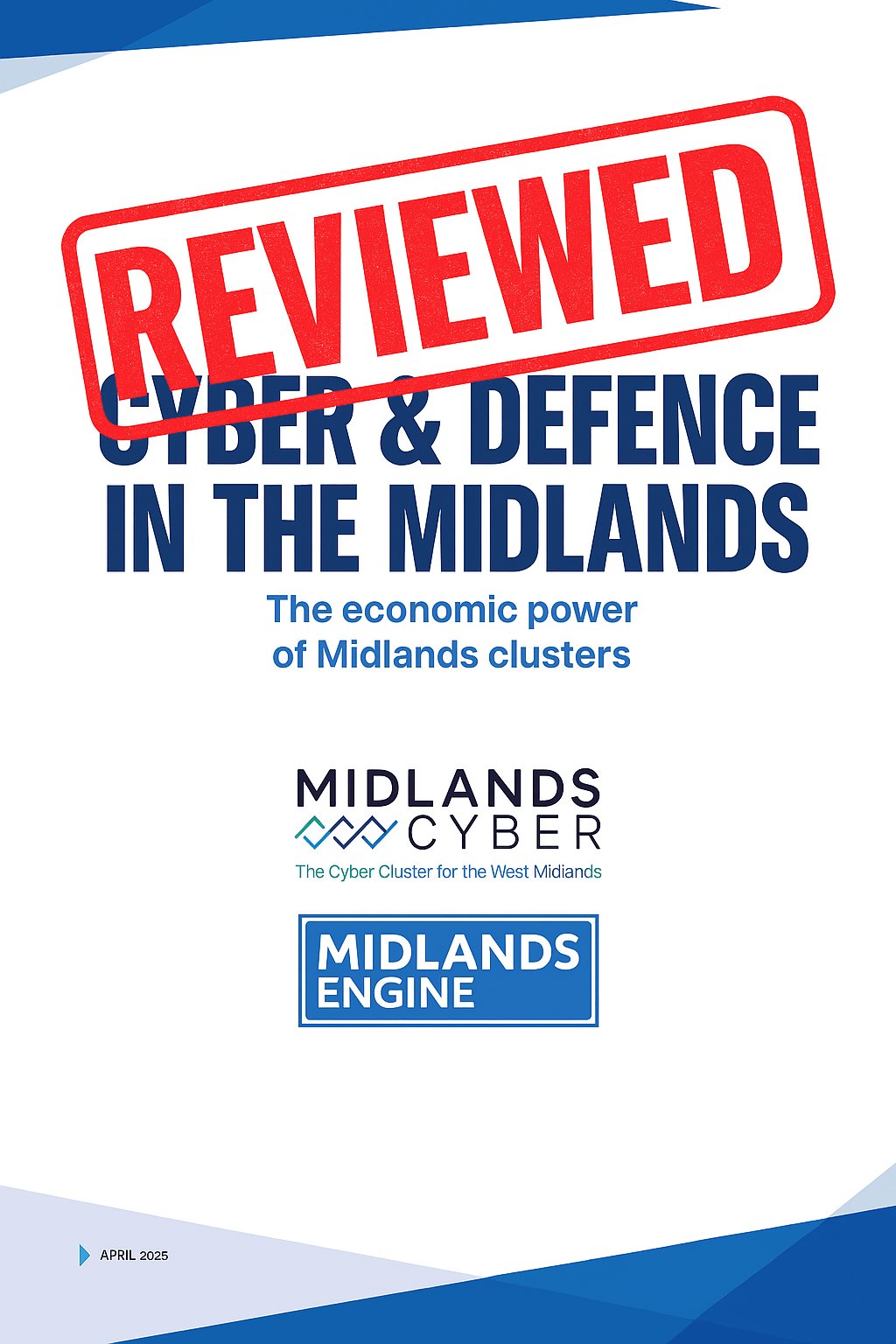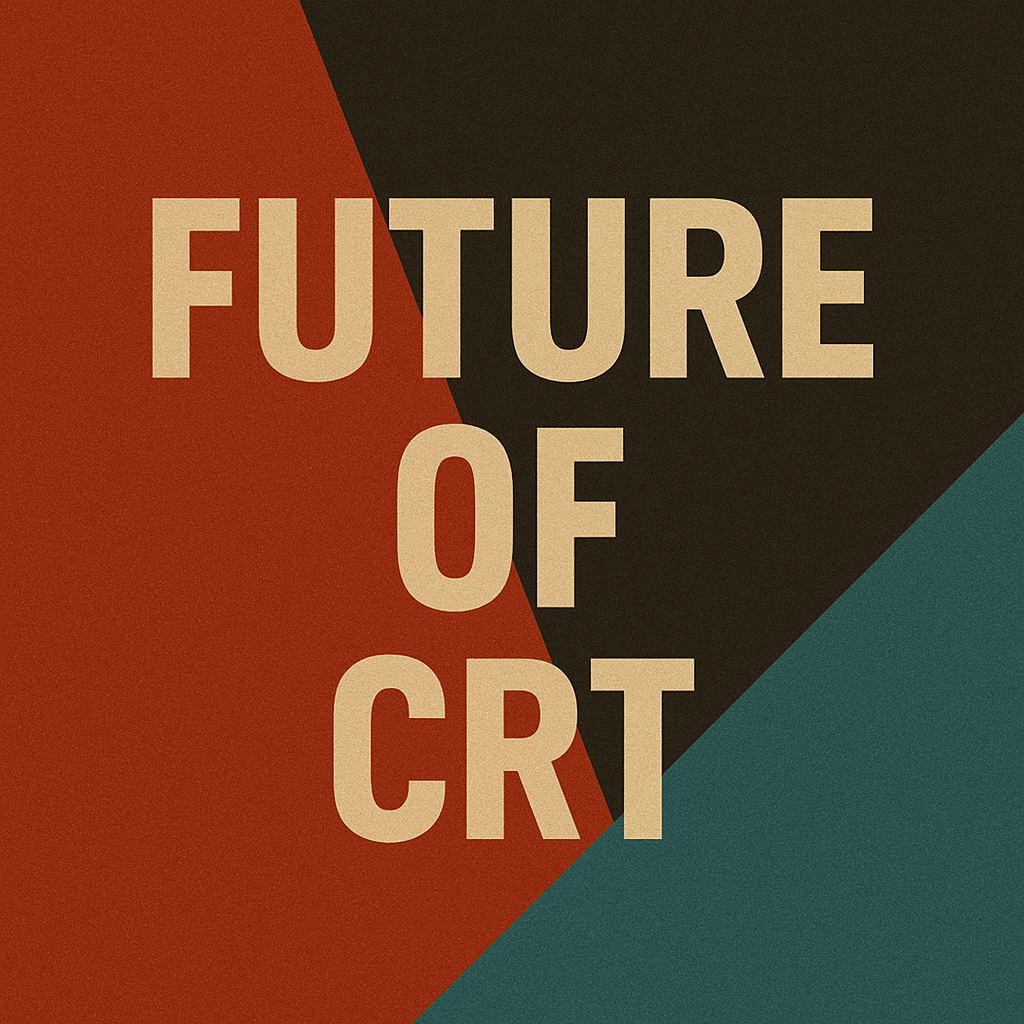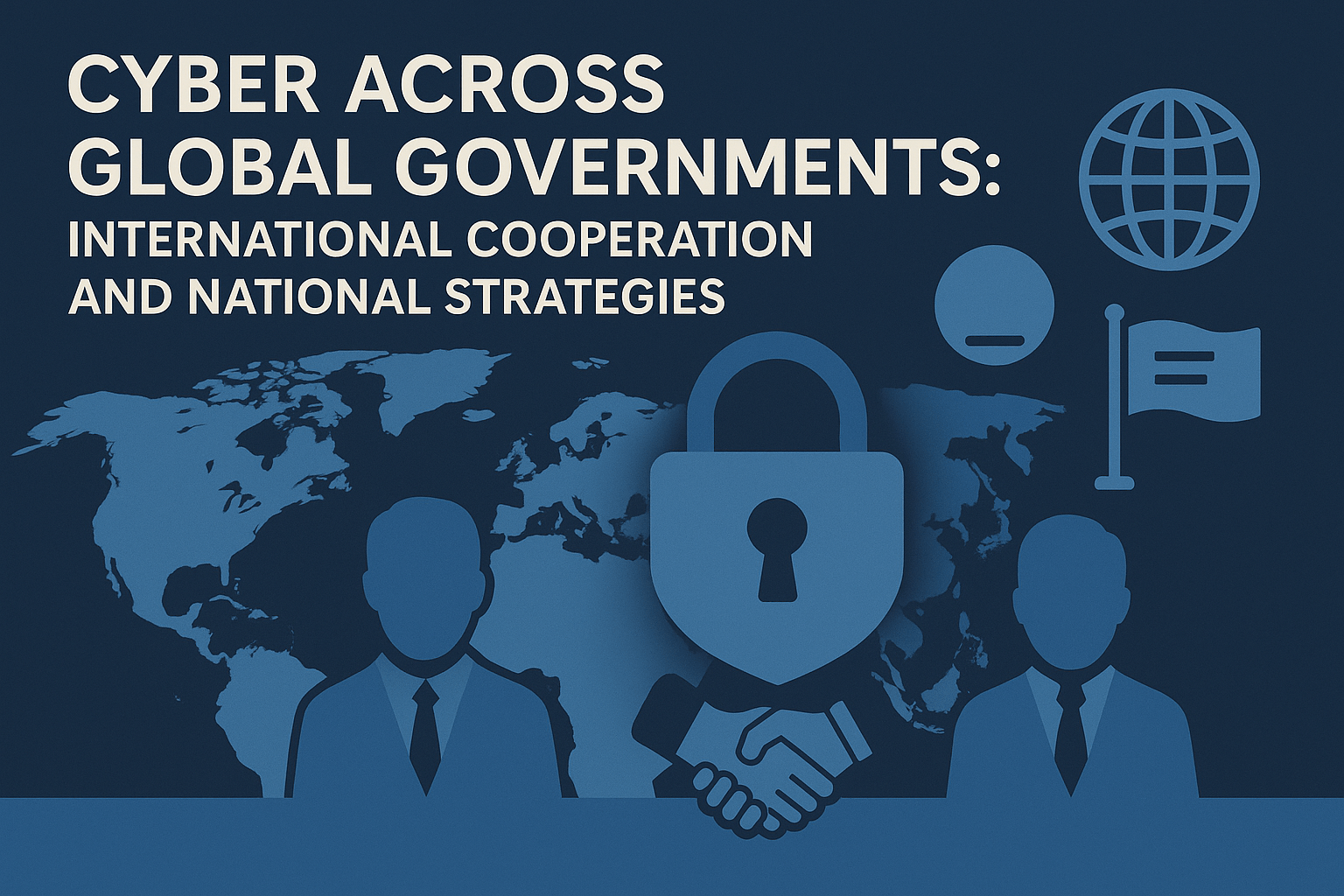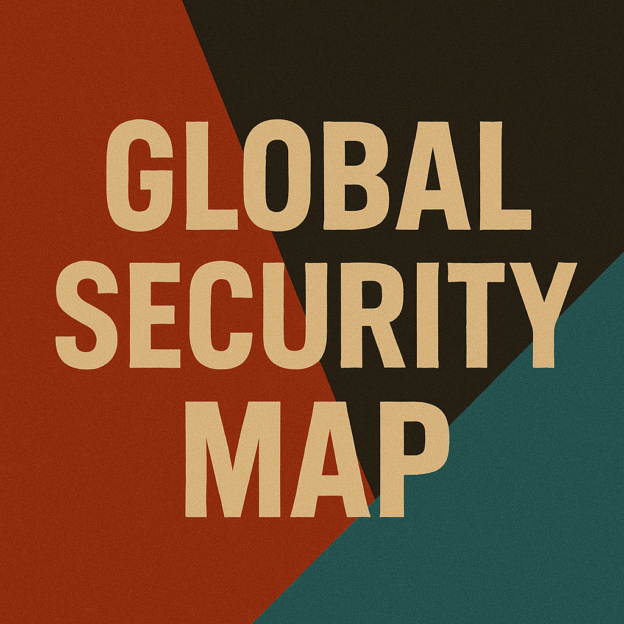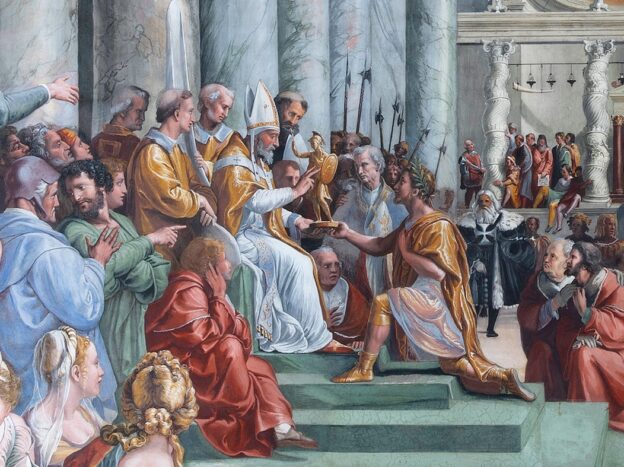Beatrice is more than Dante’s muse; she is the embodiment of divine wisdom, guiding the soul beyond reason to beatific vision. This article examines Beatrice as a theological and philosophical symbol, drawing on Scripture, Thomism, and Marian typology to show how she enables Dante’s ascent toward God.
Continue reading

